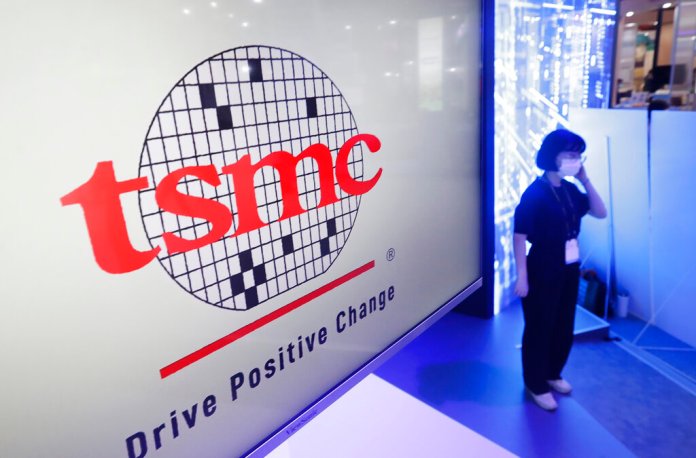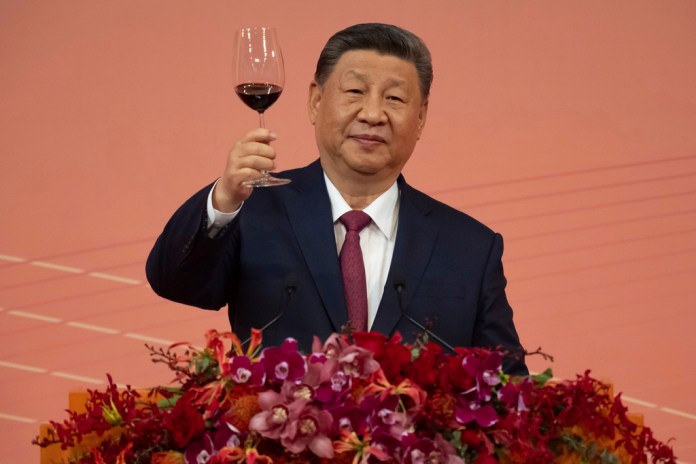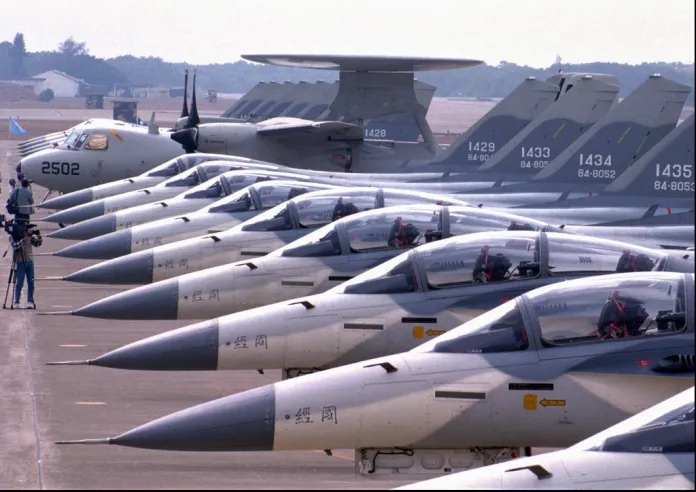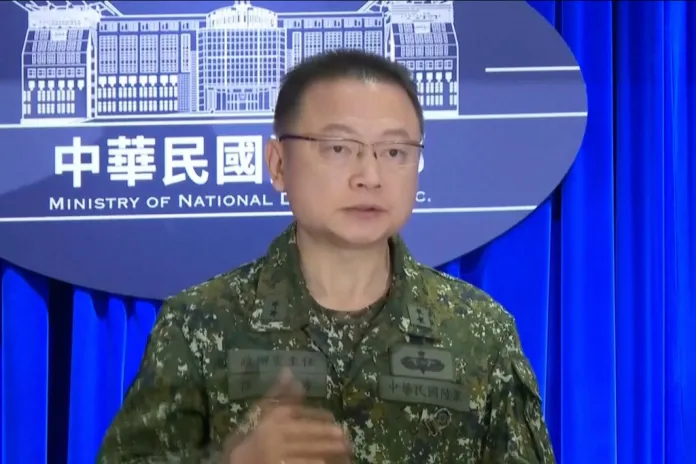Taiwan announces $40 billion defensive missile system modeled after Israeli ‘Iron Dome’
Taiwan has announced a $40 billion special defense budget to develop a missile defense system modeled after IsraelS Iron Dome, called the “Taiwan Dome.” This initiative aims to strengthen the island’s defenses amid increasing military threats and provocations from mainland china. President Lai Ching-te emphasized that the investment underscores Taiwan’s commitment to defending its democracy and regional security in the face of escalating Chinese aggression, including military intrusions and disinformation campaigns. The Taiwan Dome system will use radar to detect incoming missiles and intercept them in flight, similar to Israel’s system. The announcement has been welcomed by U.S. officials, who support Taiwan’s efforts to enhance its self-defense capabilities. Taiwan is seeking to adopt defense strategies from countries like Ukraine and Israel to deter potential large-scale aggression from China, which aims to be prepared to take control of Taiwan by 2027. The development of this defense system reflects Taiwan’s determination to protect itself despite the meaningful power disparity with China.
Taiwan announces $40 billion defensive missile system modeled after Israeli ‘Iron Dome’
Taiwan is pouring money into a missile system that will resemble Israel’s famous “Iron Dome.”
President Lai Ching-te announced on Wednesday that his government has set aside a special $40 billion “supplementary defense budget” to purchase cutting-edge air defense systems due to ongoing threats of aggression from mainland China — calling the project “investment that underscores our commitment to defending Taiwan’s democracy.”
“China’s threats to Taiwan and the Indo-Pacific region are escalating,” Lai said Wednesday. “Recently, various types of military intrusions, maritime gray zones, and disinformation campaigns have been occurring in Japan, the Philippines, and around the Taiwan Strait, causing deep unease and distress to all parties in the region.”
“Taiwan, as the most important and most critical part of the first island chain, must demonstrate our determination and take on a greater responsibility in self-defense.”
The project, dubbed the “Taiwan Dome,” is modeled after the Iron Dome system used to protect major Israeli cities. The system operates by detecting incoming missiles with radar, projecting their path, and firing a ground missile to intercept.
Taiwan, a small island territory that Beijing insists belongs to the mainland, is feeling immense pressure to fortify its defensive position after an off-handed comment from the prime minister of Japan utterly disrupted Sino-Japanese relations.
Japanese Prime Minister Sanae Takaichi, speaking to a parliamentary committee on Nov. 7, commented that a Chinese invasion of Taiwan could pose a “survival-threatening situation” for Japan.
China interpreted the statement as a threat and a flurry of rebukes followed — including one notable post by Xue Jian, the Chinese Consul General in Osaka, declaring that “the dirty neck that sticks itself in must be cut off.”
For weeks, the Chinese have refused to let the spat die, sending letters to the United Nations and even calling President Donald Trump to complain.
The sheer difference in size and power between China and Taiwan means that the tiny island would have no chance of defeating Beijing in a traditional war. Instead, Taiwanese leaders have turned their eyes to Ukraine and Israel for strategies to hold off overwhelming opponents.
Civil and military leaders in the United States have responded positively to Lai’s announcement of the “Taiwan Dome.”
The Department of State, which has pushed for Taiwan to take defensive contingencies into its own hands instead of relying on U.S. intervention, welcomed the project and said the administration “supports Taiwan’s acquisition of critical defense capabilities, commensurate with the threat it faces.”
Sen. Roger Wicker (R-MS), chairman of the Senate Armed Services Committee, called Lai’s special budget “yet another demonstration of Taiwan’s resolve and commitment to its self-defense.”
“This proposed increase in defense spending shows Taiwan to be a determined partner that is capable and willing to share the burden of deterring aggression in its region,” Wicker said.
TRUMP TO VISIT CHINA IN APRIL WITH PLANS TO HOST XI FOR STATE VISIT LATER NEXT YEAR
He continued: “We encourage our colleagues in Taiwan’s parliament to work with the Lai Administration on a bipartisan basis to swiftly enact this special budget into law. Doing so can demonstrate that legitimate political differences will be set aside when it comes to matters related to the urgent needs associated with the defense of Taiwan.”
China has vowed to complete preparations and update the People’s Liberation Army so that it would be capable of taking Taiwan by 2027.
However, President Donald Trump claims that Chinese paramount leader Xi Jinping has promised not to invade the island while he is in the Oval Office.
" Conservative News Daily does not always share or support the views and opinions expressed here; they are just those of the writer."




